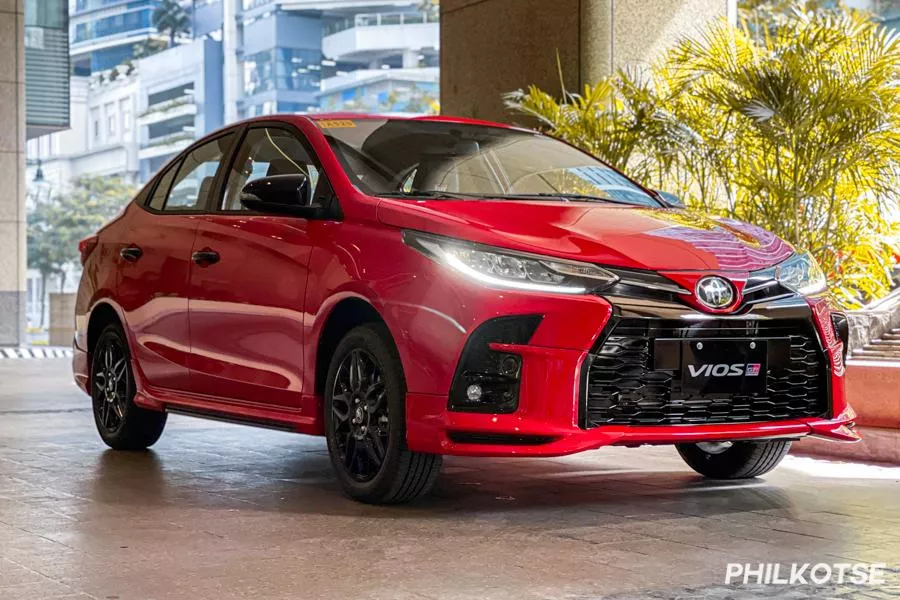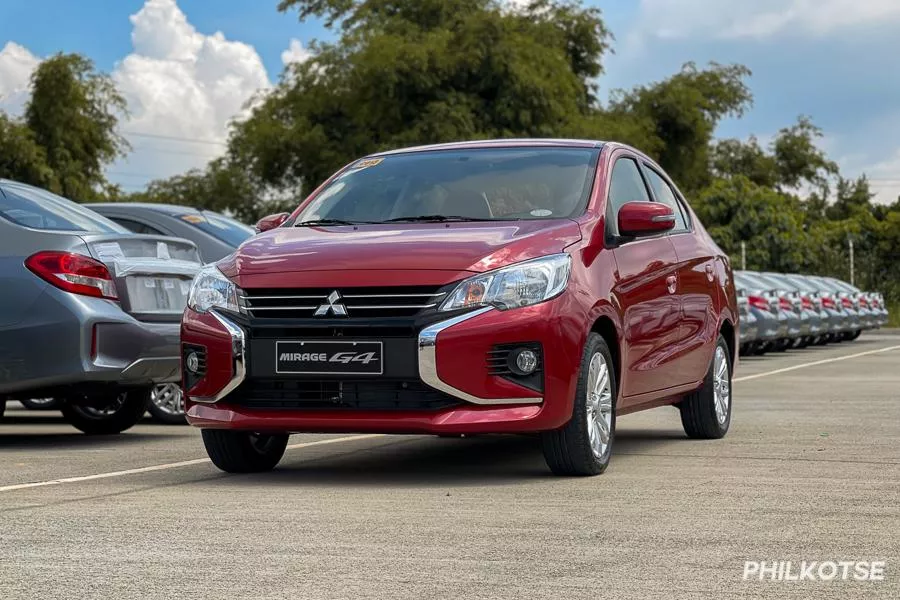Older Filipinos will likely be familiar with the ‘Filipino First’ policy introduced under the administration of President Carlos P. Garcia. Among other things, it encouraged Filipinos to patronize locally made products, in response to the lopsided Bell Trade Act of 1946.

A pending bill in the Senate will require government agencies to prioritize locally made vehicles
Although the original policy is no longer in effect, its essence still exists under the present 1987 Constitution. While the government should be leading by example in this regard, a look at the current fleets used by its various agencies will often reveal official vehicles sourced from overseas. This is what Senate Bill 2339 aims to correct.
Also known as the ‘Domestic Vehicle Procurement Act of 2021,’ the bill was filed by Sen. Rissa Hontiveros. In a nutshell, it requires the offices and departments of government agencies to prioritize locally manufactured or assembled vehicles, if there is a need to procure these mobile assets.

This will enable the government to support local products as well as save on taxpayer money
In case renting or leasing a vehicle for official use is the viable option, a government agency must source the vehicles from service providers that have at least 50 percent of their existing fleet comprising locally made vehicles. These units must not be older than five years at the time of procurement. If no vehicle made in the Philippines has the specifications or capabilities required by the government agency in question, that’s the only time when imported vehicles may be considered.
The senator explains that locally manufactured vehicles sold to government agencies can potentially generate an estimated 14,000 new jobs, apart from infusing the country’s economy with an additional Php 14 billion. There are currently a few passenger car and commercial vehicle models manufactured in the country, two of them under the Comprehensive Automotive Resurgence Strategy or CARS program.
Having government agencies use fleets of service vehicles manufactured domestically will also cut down the lead times in acquiring the necessary parts, compared with having to wait for components shipped from overseas. Maintenance costs are also seen to go down, easing the burden on Filipino taxpayers. What do you think?
More mobility updates come your way at Philkotse.com.
Recent posts
- mitsubishi philippines strada units nia Nov 17, 2021
- Hyundai Starex Cargo Ambulance DOH Donation Jan 29, 2021
- Toyota PH Vios Donation DOH Oct 14, 2020












